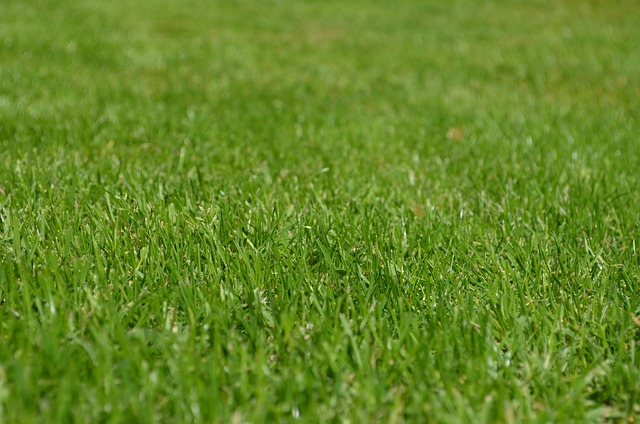Homeowners often overlook the significance of proper Yard Waste Removal and Recycling, viewing it as a chore. However, this practice is vital for environmental preservation and garden health. By adopting simple methods like composting organic waste and using labeled containers, homeowners can reduce their ecological impact while saving time. Efficient Yard Waste Management involves regular cleanup, utilizing tools for faster removal, and transforming waste into compost and mulch, benefiting both the environment and pocketbook. Sustainable practices not only lower water bills but also empower homeowners to responsibly maintain their outdoor spaces.
Staying on top of garden waste management can feel like a daunting task for busy homeowners. With limited time, it’s easy to overlook the environmental impact of improper yard debris disposal. This article guides you through effective Yard Waste Removal and Recycling strategies tailored to your hectic schedule. From efficient collection methods to eco-friendly recycling practices, discover simple yet powerful ways to responsibly manage your garden waste and contribute to a greener planet.
- Understanding Yard Waste Management for Busy Homeowners
- Effective Strategies for Yard Waste Removal and Recycling
- Benefits of Implementing Sustainable Yard Waste Practices
Understanding Yard Waste Management for Busy Homeowners

Many busy homeowners often overlook yard waste management as a time-consuming task, but proper disposal and recycling are essential for both environmental sustainability and maintaining a healthy garden. With limited time, it can be challenging to keep up with yard work, especially when dealing with large volumes of waste generated from lawn mowing, landscaping, and gardening activities. Understanding the importance of responsible yard waste removal and recycling is the first step towards creating a more sustainable and efficient routine.
By implementing simple practices, homeowners can significantly reduce their environmental impact while saving time in the long run. This includes identifying suitable recycling options for organic materials like leaves, grass clippings, and food scraps, which can be transformed into nutrient-rich compost beneficial for gardening. Additionally, proper disposal methods ensure that hazardous waste is kept out of landfills, reducing the risk of soil and water contamination. Efficient yard waste management is not just about convenience; it’s a responsible approach to preserving our environment for future generations.
Effective Strategies for Yard Waste Removal and Recycling

Staying on top of yard waste removal and recycling is a crucial task for busy homeowners, ensuring a tidy outdoor space while promoting environmental sustainability. One effective strategy is to set up designated areas for collecting compostable materials like kitchen scraps, yard trimmings, and garden debris. This can be as simple as using separate bins or containers labeled for recycling, composting, and trash, making the process more organized and efficient.
Regularly scheduling yard clean-up sessions is another key strategy. Allocate specific weekends for tasks such as raking leaves, trimming hedges, and cutting grass. By doing so, you prevent waste from piling up and make time for eco-friendly practices. Consider employing tools designed for quick cleanup, such as electric hedge trimmers or leaf blowers, to save time without sacrificing efficiency in yard waste removal and recycling efforts.
Benefits of Implementing Sustainable Yard Waste Practices

Implementing sustainable yard waste practices offers numerous benefits for busy homeowners. By adopting eco-friendly methods, such as composting and recycling yard debris, homeowners can significantly reduce their environmental impact. Instead of relying on traditional Yard Waste Removal services, which often involve burning or landfilling, these sustainable practices allow for the transformation of organic material into valuable resources like nutrient-rich compost that can enhance soil quality and promote healthier plant growth.
Moreover, integrating yard waste recycling streamlines routine tasks and saves time and money in the long run. Composting reduces the need for expensive commercial fertilizers, while chipping and shredding leaves and twigs creates mulch that suppresses weeds and conserves moisture, thereby lowering water bills. These practices not only contribute to a greener environment but also empower homeowners to take control of their outdoor space in an efficient and responsible manner.
For busy homeowners, efficient garden waste management is not just an eco-friendly choice but also a practical one. By adopting sustainable practices, such as proper yard waste removal and recycling, you can reduce environmental impact while saving time and effort. These simple yet effective strategies ensure that your garden’s organic materials are transformed into valuable resources, contributing to a healthier ecosystem and a more organized outdoor space. Implement these methods today for a greener, less stressful tomorrow.














